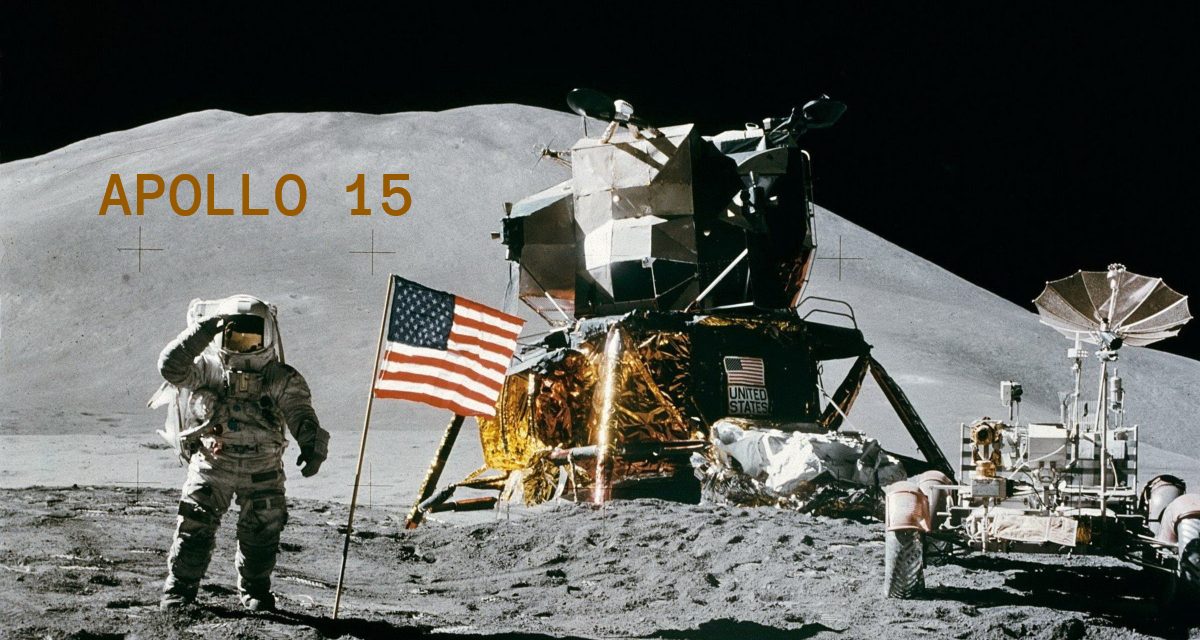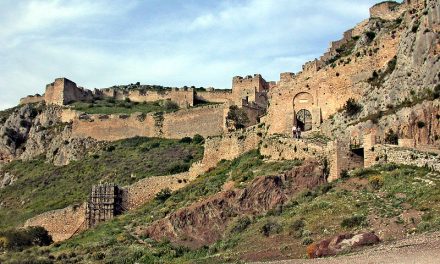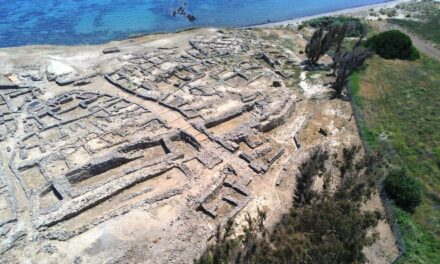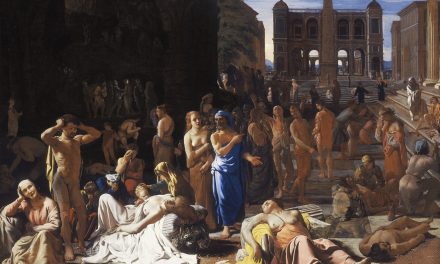The intertwining of NASA missions with Greek mythology is consequential, unifying ancient wisdom with contemporary exploration. It is a fascinating fusion where the realms of myth and science converge, capturing the imagination and inspiring our collective curiosity.
NASA’s mission names draw inspiration from gods and goddesses of Greek mythology, reflecting the recognition of the profound cosmic wonders that stirred the human imagination in ancient times. This tradition pays homage to the ancient Greeks and Romans, who named the planets after their gods, capturing the majesty, wonder, and occasional terror evoked by the universe. By infusing mission names with mythology, NASA not only acknowledges the ancient origins of human fascination with the cosmos but also adds a touch of mythical enchantment to our modern quest for knowledge.
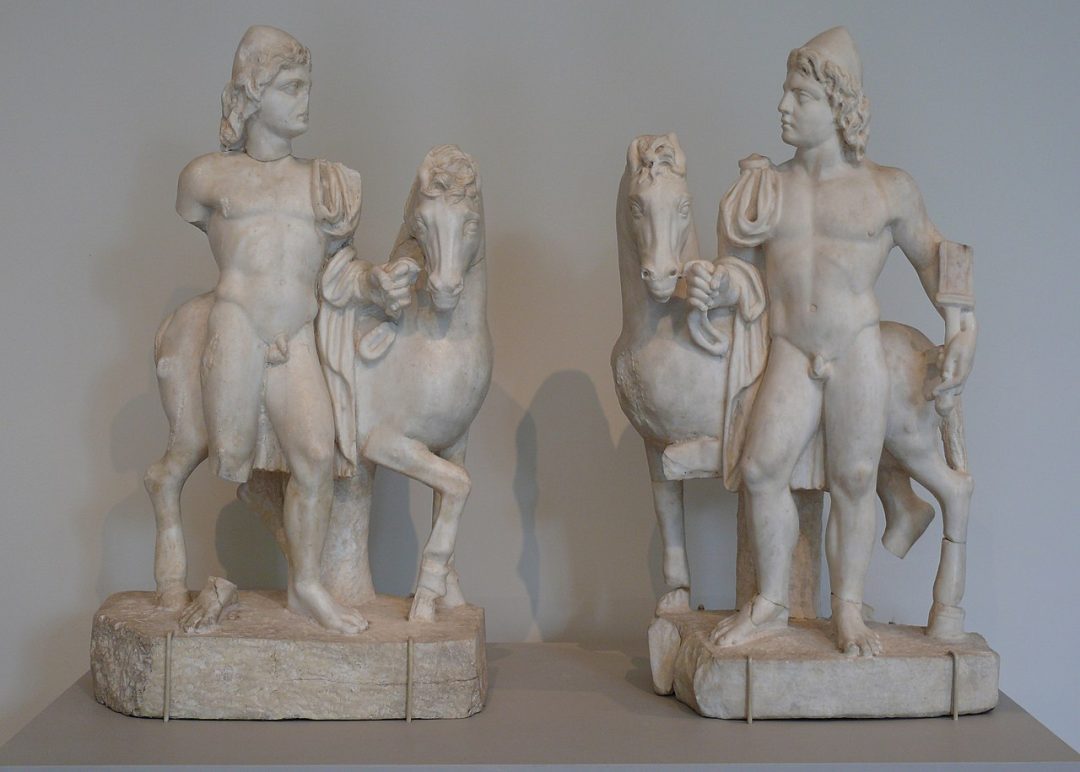
Project Gemini, launched in the 1960s, drew its name from the Greek myth of the Dioscuri, Castor and Pollux, twins known for their exceptional horsemanship. The Gemini missions served as a vital link between NASA’s early Mercury missions and the ambitious Apollo program. In Greek mythology, Castor and Pollux were the sons of Zeus and Leda. They were inseparable companions and skilled equestrians, representing collaboration, unity, and the spirit of partnership. By adopting the name Gemini, NASA paid homage to the importance of teamwork and shared objectives in advancing space exploration.
The years spanning from 1961 until 1972 also witnessed many quests undertaken by Apollo missions, whose primary motive was sending humans onto the moon surface for the first time. This name—inspired by Apollo, the Greek god of the sun, light, and music—draws a connection between the endeavor of space exploration and the qualities conveyed in the myth of Apollo: the pursuit of knowledge and the quest for new frontiers. The association was intended to reflect the significance of the missions and the human curiosity of the universe. According to NASA, the name “Apollo” was chosen by program manager Abe Silverstein, who believed that the name embodied the spirit and scale of the program.
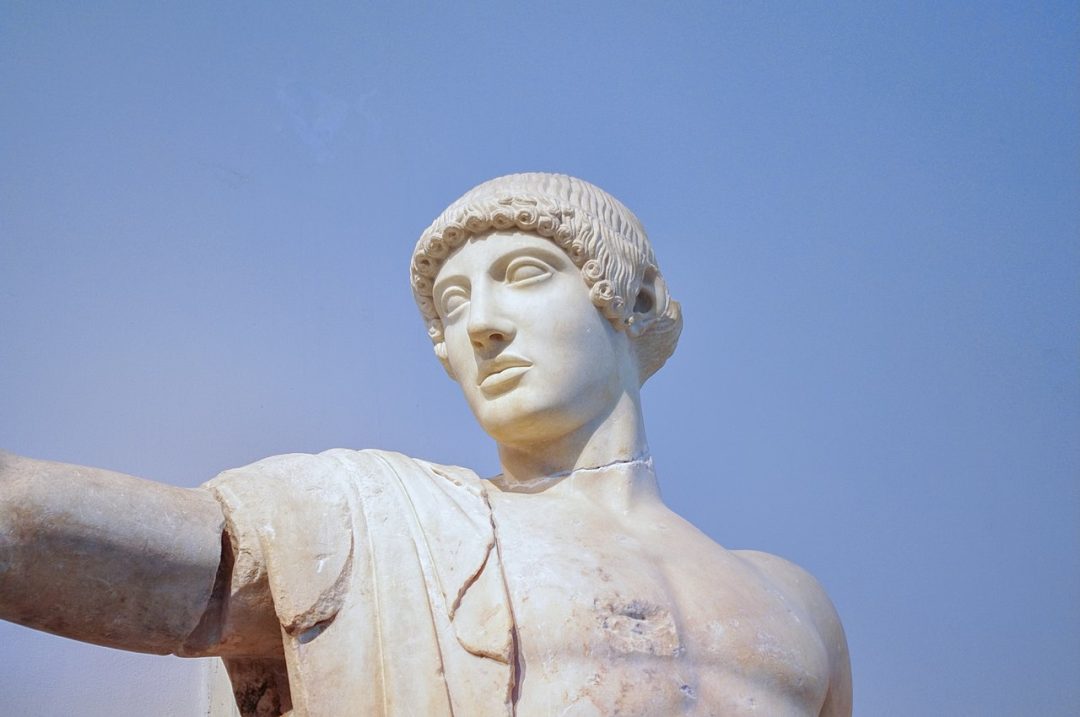
In 2001, NASA launched another groundbreaking venture: the Mars Odyssey spacecraft, inspired by Homer’s epic “The Odyssey.” A journey comparable to Odysseus’ expedition home following the Trojan War, the Mars Odyssey mission reflects the spirit of exploration, resilience, and intellectual pursuit found in Homer’s poems, forging a link between the timeless narrative of human curiosity and the boundless frontiers of space exploration.
Mythological allusions persist, as NASA’s ongoing Artemis projects pay tribute to Artemis, the Greek goddess of hunting, representing strength, independence, appreciation for nature, and femininity. Using this name for NASA’s program highlights the objectives driving this initiative: moving towards gender-related and racial equity in the aerospace field by sending the first woman and person of color to the moon’s surface. Moreover, the name pays homage to Artemis’ position as Apollo’s twin sister in Greek mythology, further highlighting NASA’s goal of inclusivity working towards a more equitable scientific domain.
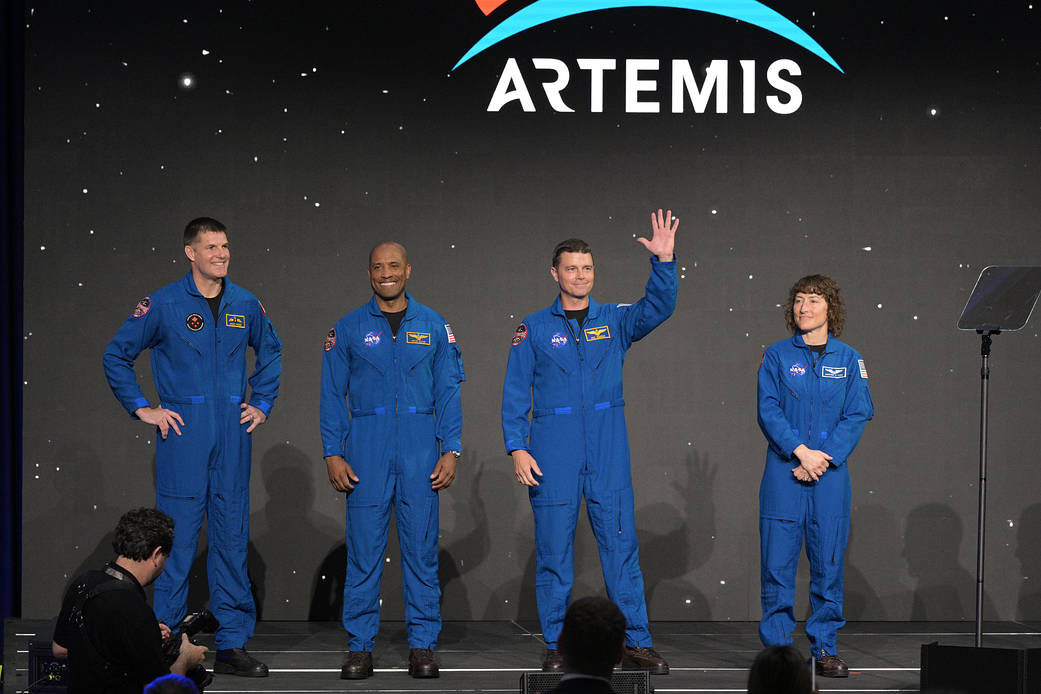
The Greek musician Vangelis —captivated by mythology, science, and space exploration— uses these themes to inspire musical compositions. His piece “Mythodea: Music for NASA’s Mars Odyssey Mission” draws parallels between the trying adventure of Odysseus in Homer’s Odyssey and NASA’s Mars exploration. Vangelis believes that decoding the mysteries of the universe is a collective endeavor shared by music, mythology, science, and astronomy, ultimately revealing humanity’s connection to space itself.
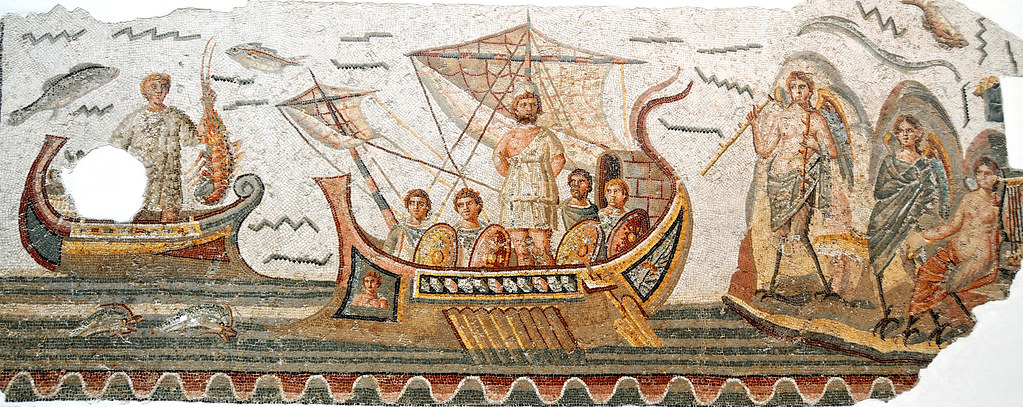
These mission names celebrate the enduring human spirit of curiosity, innovation, and the relentless pursuit of knowledge, connecting the ancient realm of myth with the modern exploration of space. They remind us that the essence of exploration, whether through the lens of mythology or the lens of science, remains a universal endeavor. By intertwining the narratives of ancient mythology with the technological achievements of NASA, we embark on a remarkable journey that highlights the triumphs of human imagination, the unquenchable thirst for discovery, and the unwavering belief in our limitless potential.
Text by Anthea Walker; this is an article taken from Greece In America, the official newsletter of the Embassy of Greece in Washington
Read also via Greek News Agenda: Delphi: the navel of the ancient world; Delos, the Sacred Island; Common words you (probably) didn’t know were Greek – Part 1
TAGS: HERITAGE | SCIENCE & TECHNOLOGY

